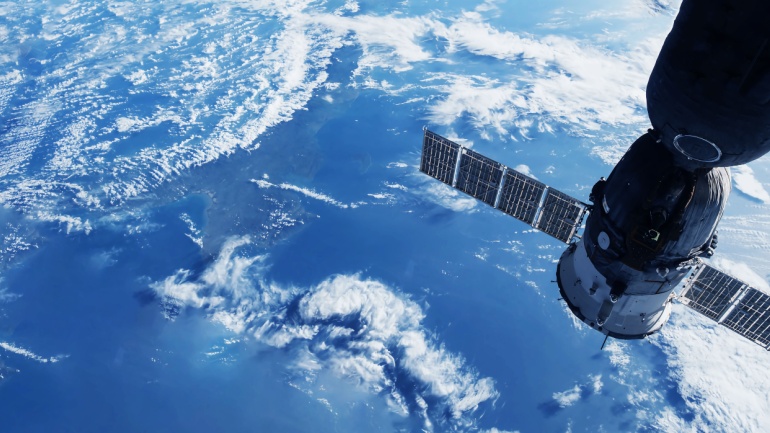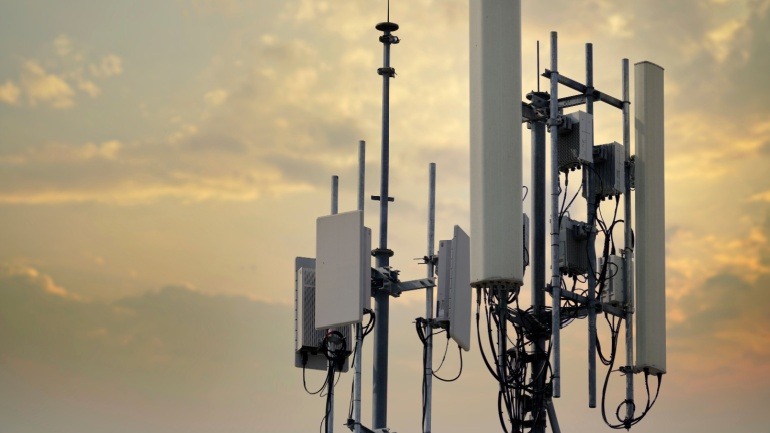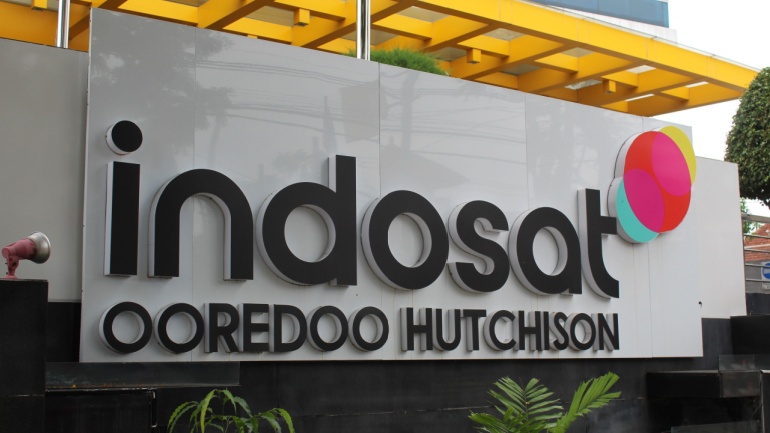2025 marked a transformative era for the Test and Measurement sector, with groundbreaking advancements from orbital data centers to photonic AI satellites. A crucial highlight was Vodafone’s collaboration for 5G SA networks, enhancing telecom with automated software. Emerging markets like AI data centers and satellite communications experienced a notable focus shift.
Future Technologies is making waves in the VOIP industry with its bold strategy to become North America’s top private 5G provider by 2026. Partnering with Battle Investment Group, the firm is leveraging acquisitions and equity to enhance its connectivity offerings. With a focus on industrial AI and IoT, Future Technologies commits to delivering superior VOIP solutions, positioning itself at the forefront of technological growth. This move promises significant revenue and workforce expansion, catering to enterprises seeking robust private 5G networks.
Local UK manufacturing revolutionizes the telecom sector with high-quality materials and seamless collaboration. The Welsh factory Hutchinson exemplifies this by crafting steel frameworks, employing over 200 locals, and investing in community growth. This UK-based production supports supply-chain resilience, reduces carbon emissions, and ensures skilled British roles thrive.
AST SpaceMobile has secured a $43 million US government contract, showcasing its robust position in satellite communications. This collaboration aims to deploy advanced Block 2 BlueBird satellites, featuring expansive phased-array antennas, to enhance government connectivity.
Keysight Technologies and the University of Malaga have launched the Malaga 6G Research and Innovation Lab to advance 6G technology. This facility will foster collaboration across industry and academia, focusing on areas like AI-enhanced network performance, digital twins, and secure, scalable architectures.
China Mobile, the world’s largest mobile network operator, has surpassed 1 billion subscribers, adding 559,000 new users in July alone. Notably, it also saw a net addition of 13.7 million 5G customers, bringing its total to nearly 528 million. Such growth underscores China Mobile’s strategic push in the VoIP and 5G sectors.
This week, the UK-India Technology Security Initiative was announced, marking a pivotal moment for both nations. This collaboration aims to strengthen security in telecoms, AI, quantum computing, and biotechnology. Promising mutual growth, innovation, and job creation, this initiative underscores the evolving technological partnership.
Indosat Ooredoo Hutchison, a leading Indonesian telecom operator, has partnered with Garuda Indonesia to integrate digital technologies into the airline’s operations. This collaboration aims to enhance operational efficiency, boost ancillary revenue, and personalize passenger experiences. By optimizing flight services and travel planning, the partnership will transform Indonesia’s aviation and tourism sectors.
In the ongoing geopolitical saga between the US and China, the global supply chain and the semiconductor industry are at the forefront. Both nations’ governmental bodies are ramping up subsidies to stimulate growth in domestic manufacturing and insulate against sanctions.
In a collaborative effort to bolster marine conservation initiatives, Orange Business, the business-to-business (B2B) segment of a prominent European telecommunications group, has joined forces with Tēnaka, an organization dedicated to safeguarding marine ecosystems. The partnership aims to enhance coral reef restoration within a Marine Protected Area of the Coral Triangle in Malaysia, focused on the protection and preservation of wildlife.













